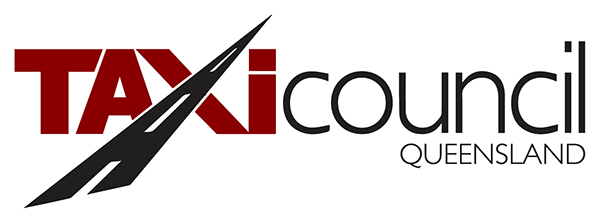28/02/2021
Taxi licences are selling for as little as $3000 as the value of the once-coveted asset falls off a cliff following intense pressure from ride-sharing companies and the coronavirus pandemic.
Standard Brisbane taxi licences were selling for an average of more than $500,000 in 2014, but in 2020, they were worth just $41,107 on average.
But the situation in other regions is even worse.
In Ipswich, three standard cab licences sold for the dismal price of $3000 in December 2020. The average sale price there in 2014 was $336,667.
Last month, a standard Brisbane taxi licence sold for $16,541, while in June 2020, one sold for $5000 – the lowest price in more than a decade.
The number of taxi licences changing hands has also plummeted – from 69 in 2013 to 14 in 2020 – showing many owners have simply given up trying to offload what was once their treasured retirement plan.
Limo owners also failed to escape unscathed, with 13 out of 18 of the licences that sold last year going for just $1000.
In 2014, the average cost of a limousine licence was $68,409.
Uber came to Brisbane in 2014 and was legalised in Queensland in September 2016, with ride-sharing companies Ola and DiDi also joining the market.
Taxi Council of Queensland chief executive Blair Davies said the industry was hit first by the legalisation of ride-sharing services and then by COVID-19.
“Gathering restrictions, stay at home orders, border closures – that very much impacted the demand for taxis,” he said. “We probably saw demand, at some points in 2020, down by 80 per cent.”
However, Mr Davies said he believed things would pick up in 2021.
“We’re finding that, particularly with the airports opened up, more people are travelling out to the airport using taxis, and we’ve started to see businesspeople go back to working from their offices rather than holding virtual meetings,” he said.
“It’s like they [licence values] went over a cliff when the government changed that regulatory environment and it will be a long, slow climb back up to more reasonable values, we believe.”
Mr Davies said there were fewer sales as buyers were offering low prices that many sellers refused to accept, and also because banks were reluctant to lend for the asset.
“And we’re also aware that some licences might well be sold at low prices because people are just desperate for money and therefore they just don’t have the option of holding out for another year or two for the licences to improve,” he said.
Limousine Action Group Queensland chairwoman Jacqui Shephard said COVID decimated the industry, with many drivers being kept on with JobKeeper.
“With no international travel … people have learnt to work from home now, we’re not going out anymore,” she said.
“The industry is really struggling and they’re predominantly small business owners.”
A Transport and Main Roads spokesman said taxi and limousine licence values were determined by the open market and not set by the government.
“As part of the personalised transport reforms, [the] government committed to not releasing any new perpetual licences,” he said.
In 2016, a $100 million industry adjustment assistance package was rolled out by the government, including payments of $20,000 per licence for taxi and limousine owners.
In April 2020, the Queensland government announced a $54.5 million transport industry package, including waiving fees and extending taxi and limousine licences for six months.
An extra $23 million package to support the taxi and limousine industry was announced in June 2020.
Last year, federal member for Kennedy Bob Katter vowed to take the compensation claim of more than 1300 taxi licence holders against the Queensland government to the High Court.
Maurice Blackburn has also filed a class action against Uber in Victoria, New South Wales, Queensland and Western Australia.
Licence sales recorded at zero dollars, often the result of transfers between family members or trust structures, were removed from Brisbane Times’ analysis.
